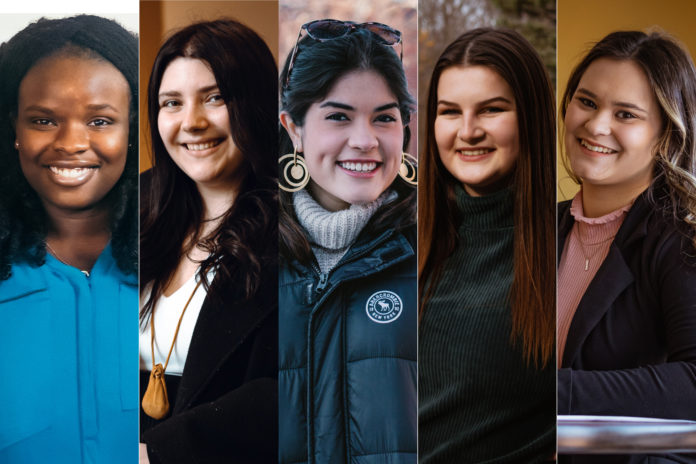

This is part one of a four-part series for Women’s History Month highlighting women in leadership roles at St. Thomas University. This week is about student leaders, next week features professors in the humanities, the week after is about professors in the social sciences and the last week will highlight staff members.
Precious Obiora (she/her)
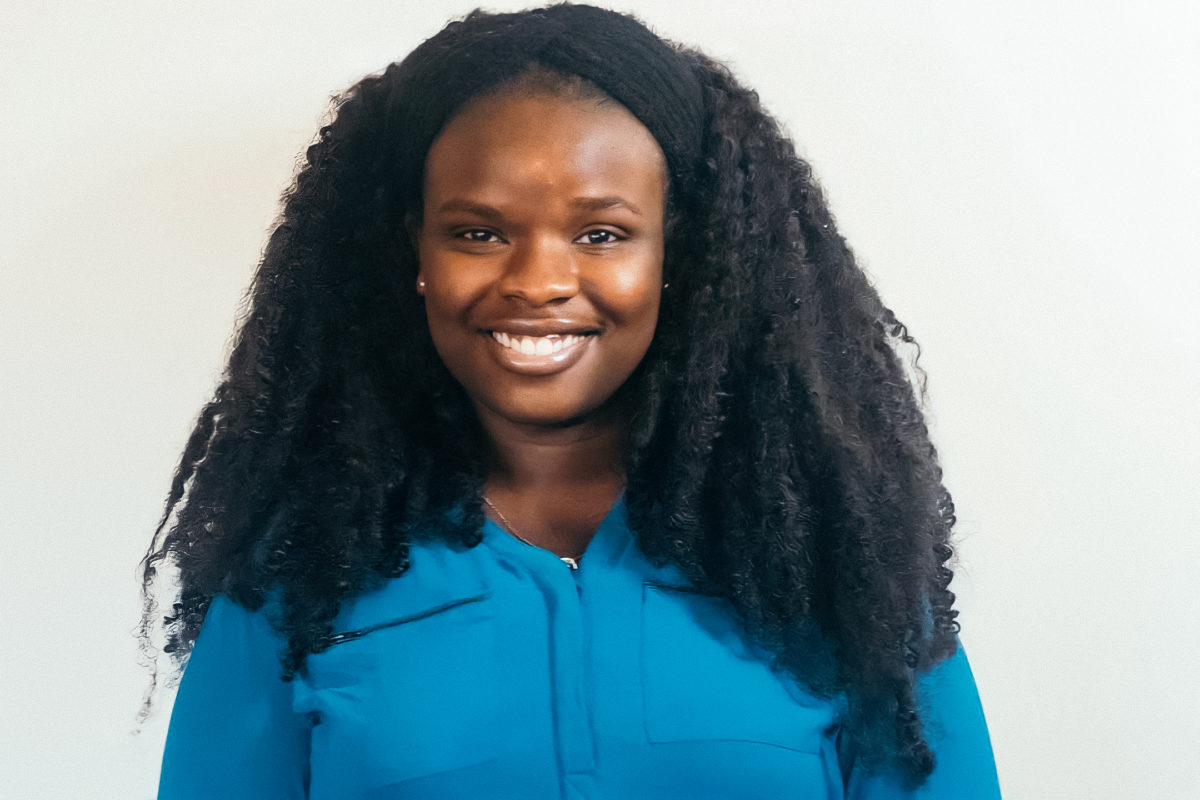
Precious Obiora is a third-year psychology and international relations student from Nigeria. She is also the president of the Black Student Association, an organization that raises awareness about issues affecting the Black community.
Obiora is passionate about her advocacy, but said she faces challenges in her field.
“Being a woman in a leadership position means having to work twice as hard as your male counterparts to ‘prove’ that you deserve and earned your position,” she said via email. “It means speaking up and taking up space when you get the opportunity to.”
Her role as a leader includes uniting women of colour and helping them break stereotypes.
“I know it might sound like a lot of work, but it is worth it because you serve as a mentor to other women and break barriers, making it possible for them to attain that [leadership] position and even much greater ones.”
Brittany Gray (she/her)
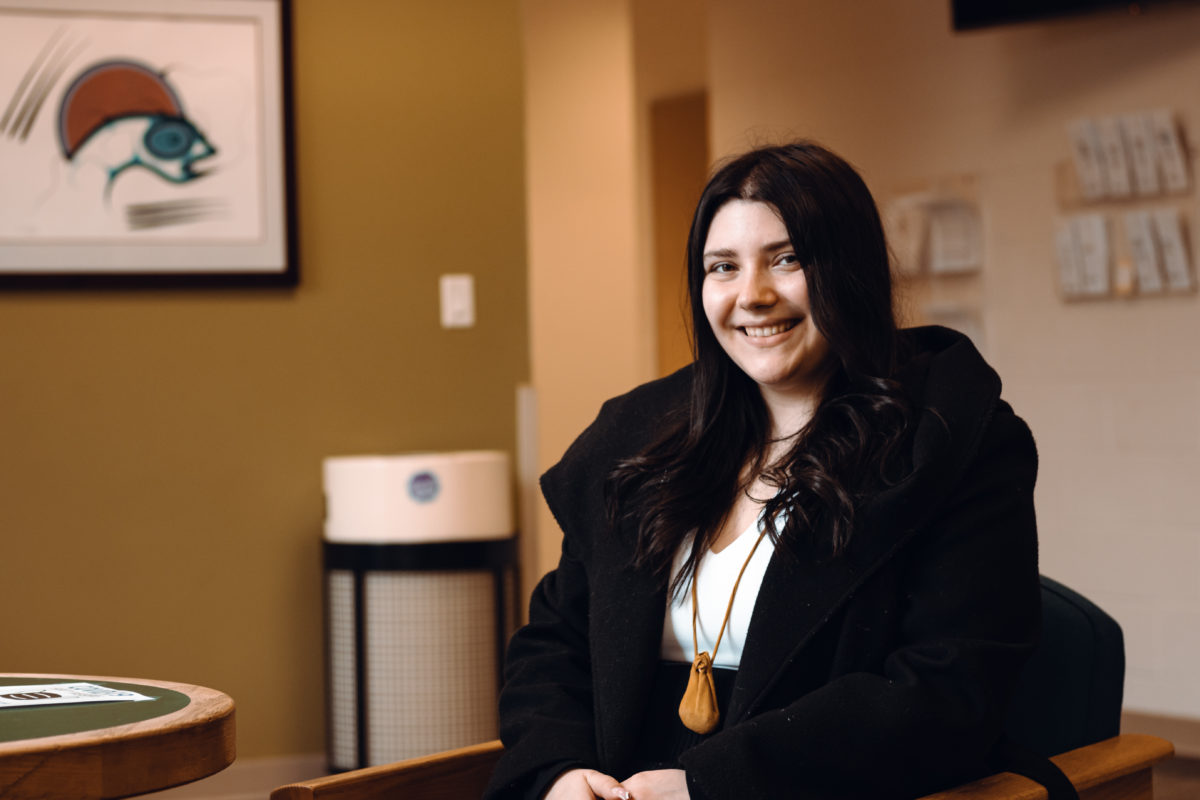

Brittany Gray is a fifth-year Mi’kmaw psychology student at STU and the founder of Project AIR, a program designed to connect Indigenous Peoples to their ancestral roots.
Gray said although Western society is patriarchal, Indigenous culture embraces women in positions of leadership within their communities.
She said Miigam’agan, the Elder-in-residence at the Wabanaki Student Centre at STU, always talks about bringing back the matriarchy.
“Because as women with feminine energy, we are receptive and intuitive,” she said.
To Gray, her femininity allowed her to have more empathy, a skill that is particularly helpful for her projects and future career.
“When I’m vulnerable with somebody, I know that I’m opening up a space for someone if they feel comfortable enough to be vulnerable with me,” said Gray. “When you’re in that type of space, I think that’s really where deep connections can be formed.”
Alexa Navas (she/her)
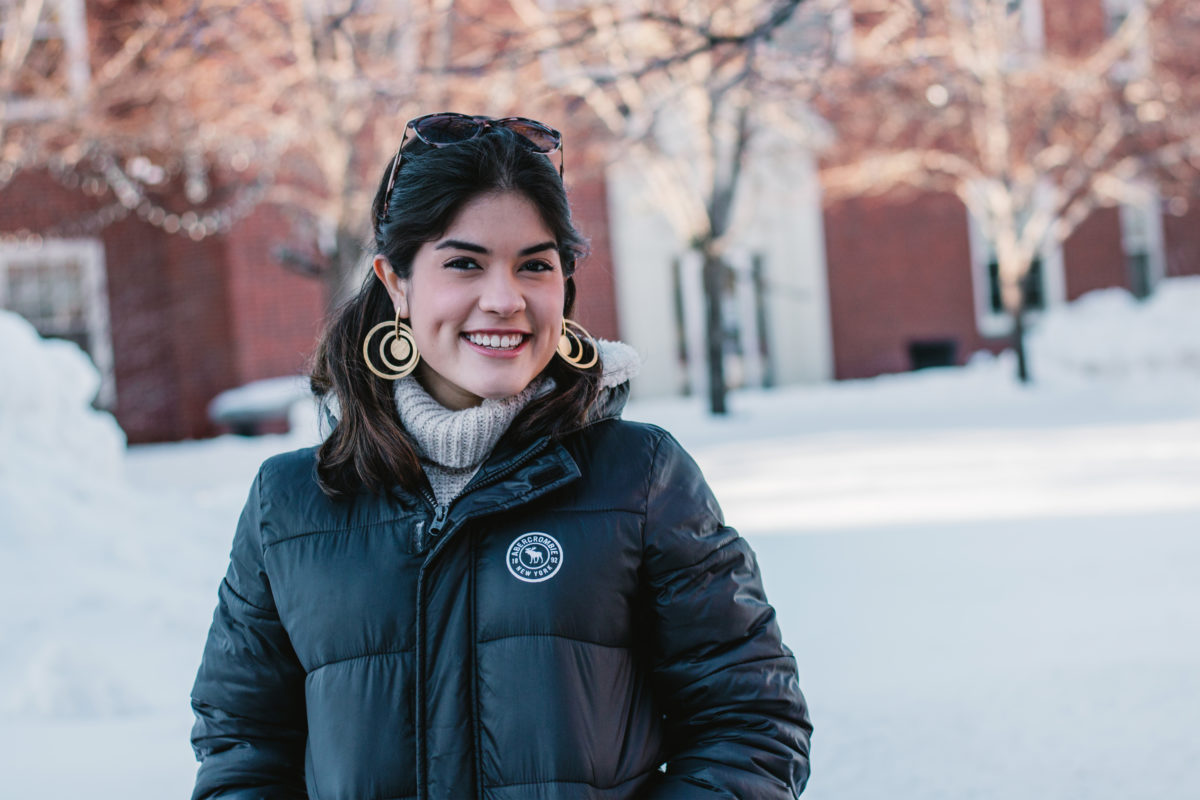

Alexa Navas is a fourth-year Nicaraguan student honouring in international relations and majoring in economics. She is also the vice-president of the St. Thomas University International Students’ Association and the president of the Venezuela 180 STU chapter, an organization that seeks to empower Venezuelan communities.
Navas has always been involved in similar projects and she noticed how, in Nicaragua, her leadership was constantly being questioned.
“There’s always going to be someone ahead of you and that someone is probably going to be a guy,” she said.
Navas said her skills are put to good use at STU thanks to the incredible women that surround her. She said the Venezuela 180 STU chapter board is made up of women, which motivates her.
“It is amazing to have that perspective and to give each other the opportunity to work together and to experience what it is like to be at the head, making decisions and leading a team,” she said.
Sarah Kohut (she/her)
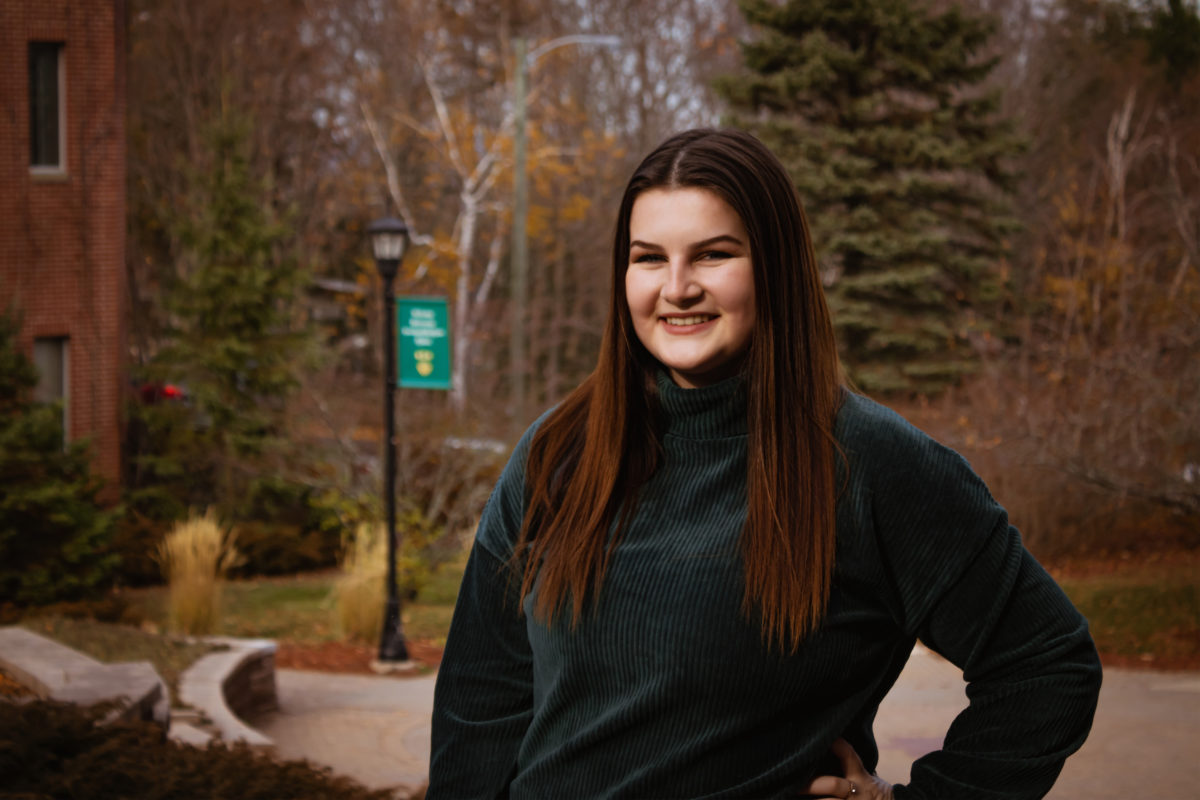

Sarah Kohut is the 2020-21 president of the St. Thomas University Students’ Union. She was in charge of helping students feel at ease during the pandemic and online school.
Kohut said internalized misogyny and impostor syndrome are one of the biggest issues women in leadership positions face.
“I would catch myself thinking, ‘oh, I’m talking a lot, I’m very chatty in this meeting, I should dial it back a little bit,’ and I had to tell myself ‘no, no, no, no, you are here for a reason, you deserve to take up space,’” said Kohut.
She remembered being talked over or undermined, which took a toll on her. But she gained confidence in her work through representation.
“I think that it’s really important for people that are interested in leadership roles to see someone they identify with to say, ‘I can accomplish this too.’”
Leanne Hudson (she/her)
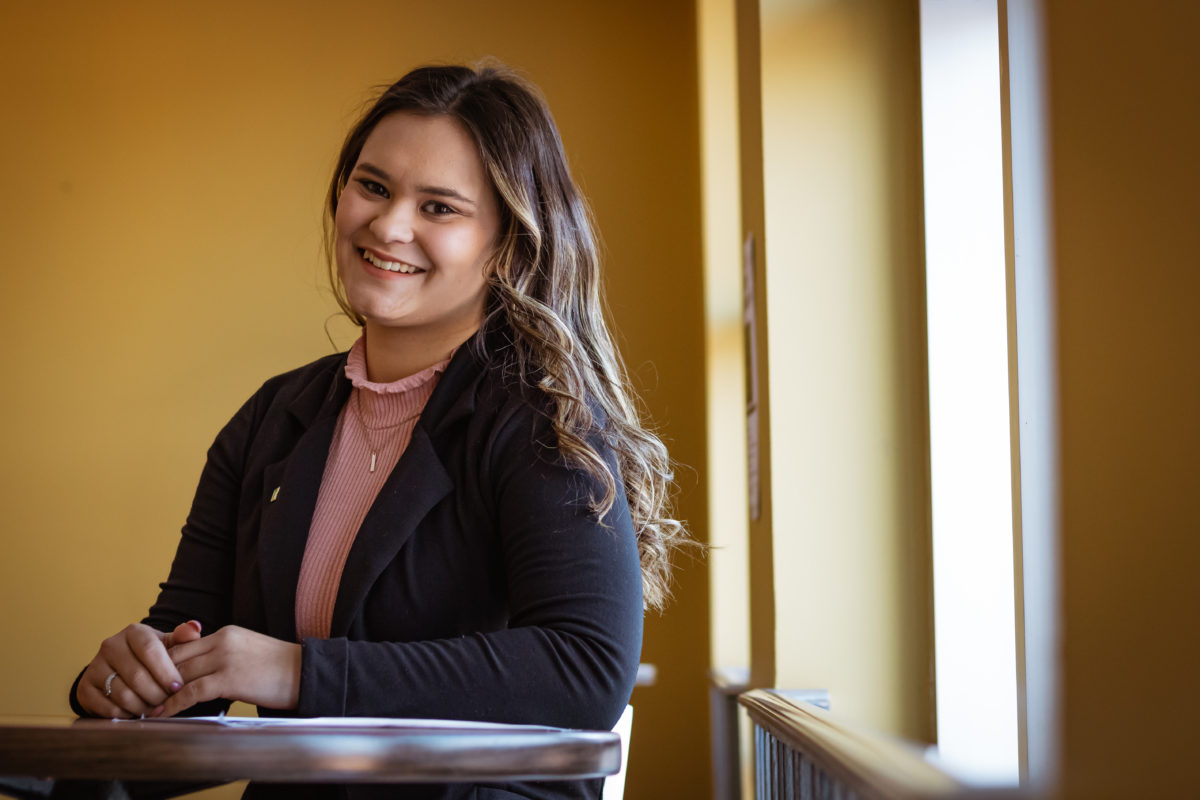

Leanne Hudson is a second-year Mi’kmaw communications and public policy student from Acadia First Nation.
Hudson has been involved in many self-led projects, which meant she was often in leadership positions. Her experience taught her that anybody, regardless of gender, can fill roles that have been historically filled by men.
“I think now is the time that we encourage young women, non-Indigenous and Indigenous alike, to start filling these roles,” she said.
Hudson said there is still a lot of room for improvement and the fight for equality in leadership is still needed.
“I think you really have to stand out in a crowd and that’s really hard to do sometimes when you are living in a society in which women aren’t appreciated for what they should be appreciated for.”
